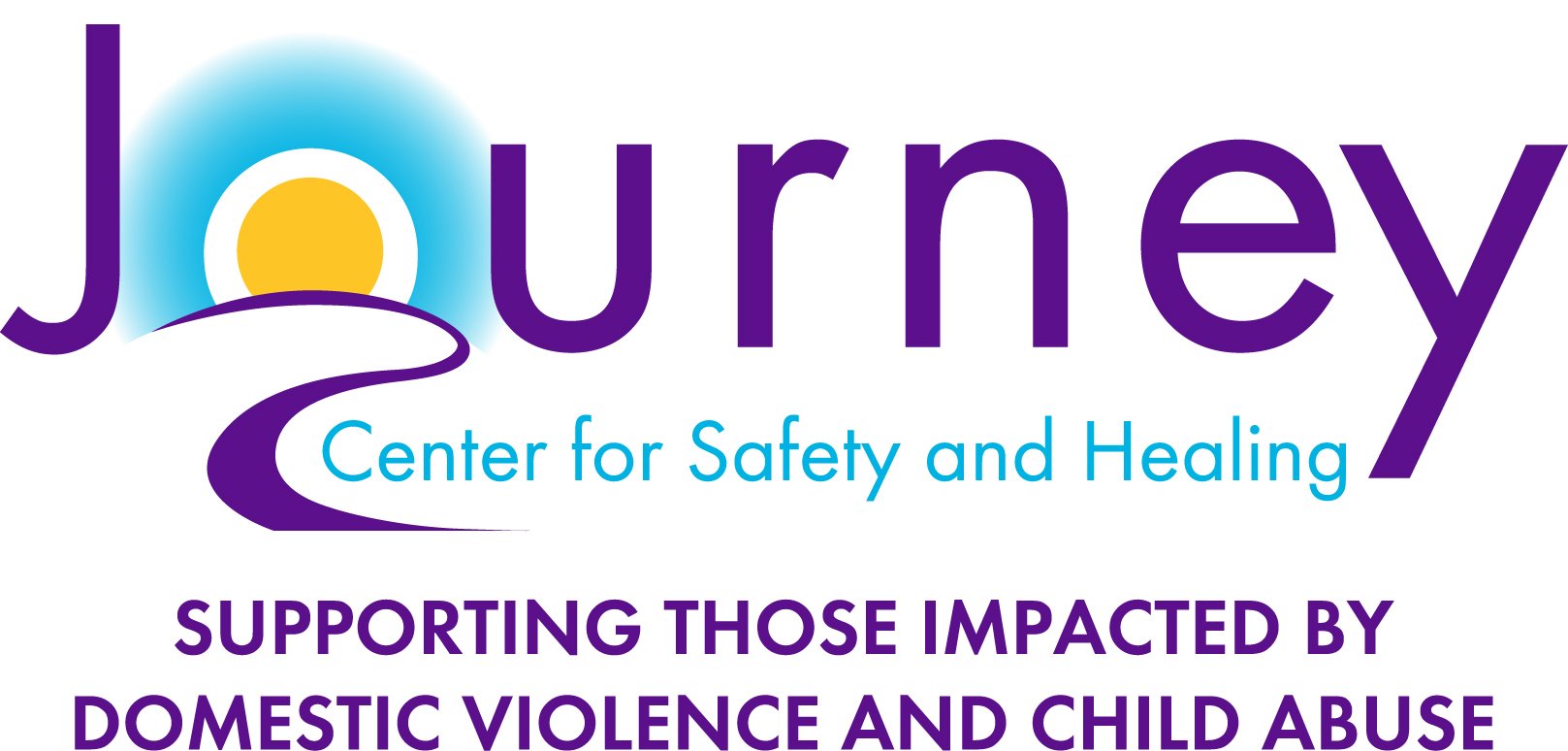Let's Talk: Self-care
In a world that often prioritizes productivity over well-being, the concept of self-care can feel like a luxury rather than a necessity. While it may seem simple, many find it challenging to prioritize self-care. Let’s explore why self-care is important and how you can incorporate it positively into your life.
What is Self-Care?
Self-care is a simple concept, yet for many, it can be difficult in practice. Self-care is about looking after yourself; and treating yourself as a person who deserves care (because you are!). There is no wrong way to practice self-care. By choosing to engage in self-care, you acknowledge your worth and understand that taking care of yourself is not selfish, but rather an essential practice for a fulfilling life.
Types of Self-Care
Self-care can take many forms, and it’s crucial to understand that there is no "right" way to practice it. Here are some key categories:
Emotional Self-Care
Emotional self-care focuses on activities that help you connect with your feelings, process emotions, and maintain a healthy mindset. This could involve:
Journaling: Write down your thoughts and feelings to gain insight and clarity.
Creating Art: Engage in artistic endeavors, whether it’s painting, drawing, or crafting.
Seeing a Therapist: Professional support, such as Journey Center’s Trauma Therapists, can provide coping strategies and a safe space to process your feelings.
Physical Self-Care
Caring for your physical body is a fundamental aspect of self-care. Activities encompass:
Moving Your Body: Engage in exercise that you enjoy, whether it's yoga, dance, or simply going for a walk.
Healthy Eating: Nourishing your body with wholesome foods.
Rest and Sleep: Ensuring you get enough rest is crucial for physical and mental health.
Spiritual Self-Care
Nurturing your spirit contributes to your overall well-being. Consider:
Mindfulness: Practicing mindfulness or meditation can help center your thoughts and reduce anxiety.
Attending a Place of Worship: Connecting with a community or faith can foster a sense of belonging and peace.
Psychological Self-Care
Stimulating your mind is essential for personal growth. Engage in activities like:
Reading a Book: Feed your imagination and intellect.
Taking a Class: Learn something new, whether it’s a skill or a hobby.
Attend a Support Group: Talking to others who have been in a similar situation can help us realize that we are not alone.
Simple Self-Care Activities
There are countless ways to incorporate self-care into your daily routine, and they don’t have to be elaborate or time-consuming. Here are some simple ideas that we can all do:
Drinking Tea: Take a moment to enjoy a warm cup of your favorite tea.
Doing Crafts: Channel your creativity into a DIY project.
Sleeping In: Allow yourself the luxury of rest.
Coloring: Adult coloring books can provide relaxation and a creative outlet.
Picking Flowers: Spend time in nature and bring a bit of it into your home.
Taking a Bath: Create a serene atmosphere for relaxation.
Writing a Gratitude List: Cultivate positivity by acknowledging what you’re thankful for.
Stretching: Release tension from your body and mind.
Connecting with Friends: Reach out to someone who lifts you up.
Lighting a Scented Candle: Enjoy a soothing aroma that helps create a calming environment.
Affirmations for Healing
For survivors, self-care can be even more critical. Affirmations can empower and affirm your worthiness of love and respect. Remember:
I am worthy of love and respect.
I am strong.
I am not to blame for what happened to me.
I am enough.
I can do this.
I deserve to have my voice heard and respected.
My flaws don’t make me unlovable or deserving of abuse.
Put your favorite affirmation on a sticky note to place on your mirror, in your car, or set a timer to say your affirmations—as many times as you need.
As you embark on your self-care journey, remember to be gentle with yourself. Acknowledge that you are doing your best, and there’s no time limit on healing. Self-care is not a one-time event but a continuous practice that evolves with your needs. So go ahead and prioritize yourself. You are worth it!
If you or someone you know has been impacted by domestic violence, we are here for you. Our 24-Hour Helpline is always available.
Call or text our 24-Hour Helpline: 216.391.4357 (HELP) or live chat.
